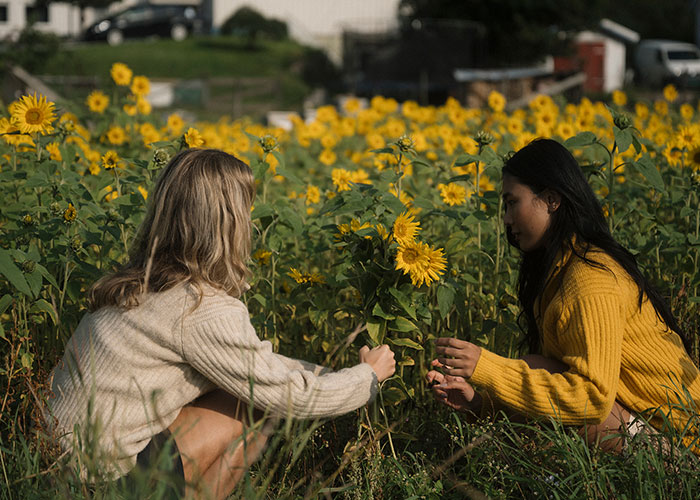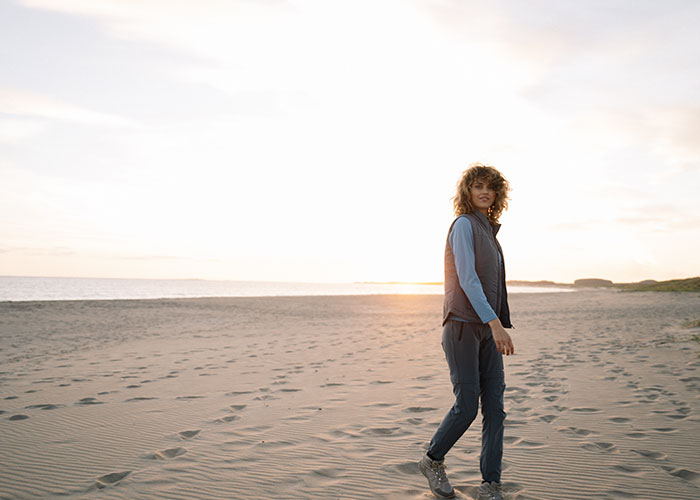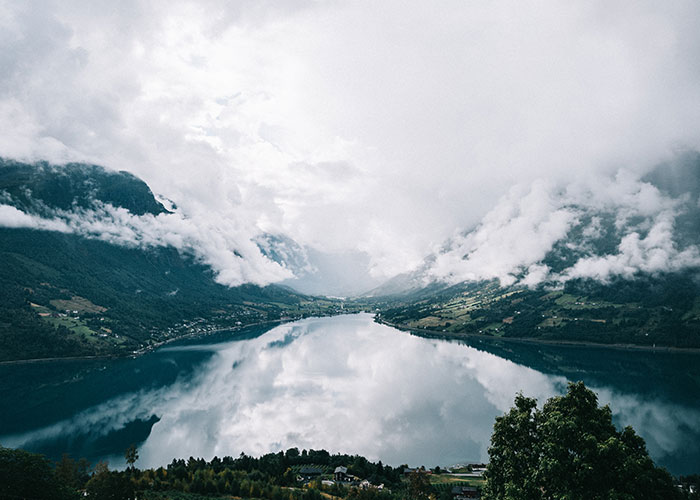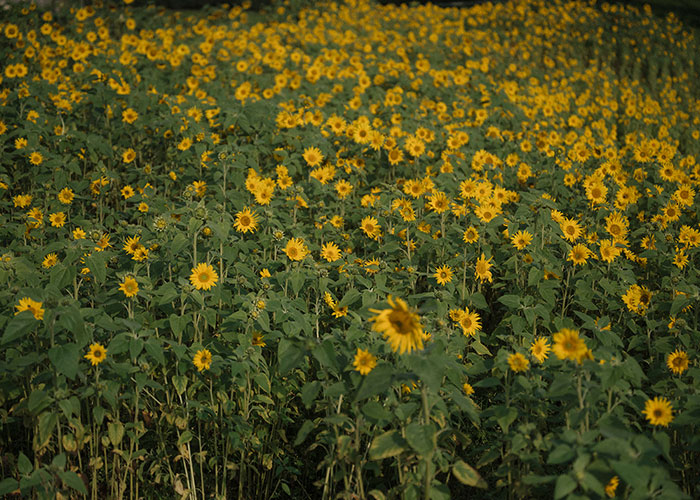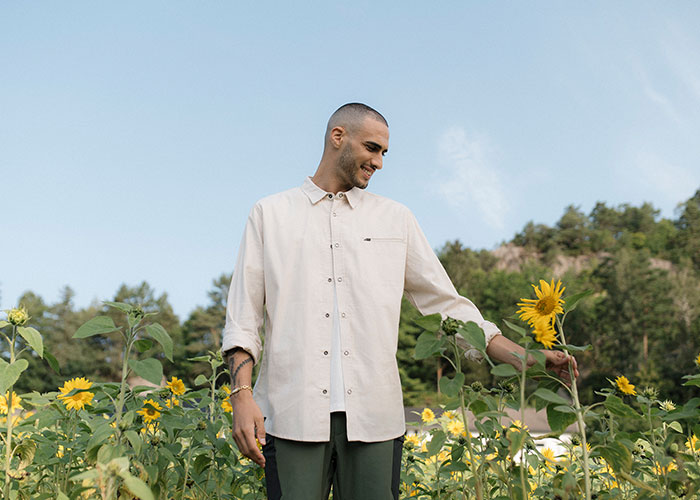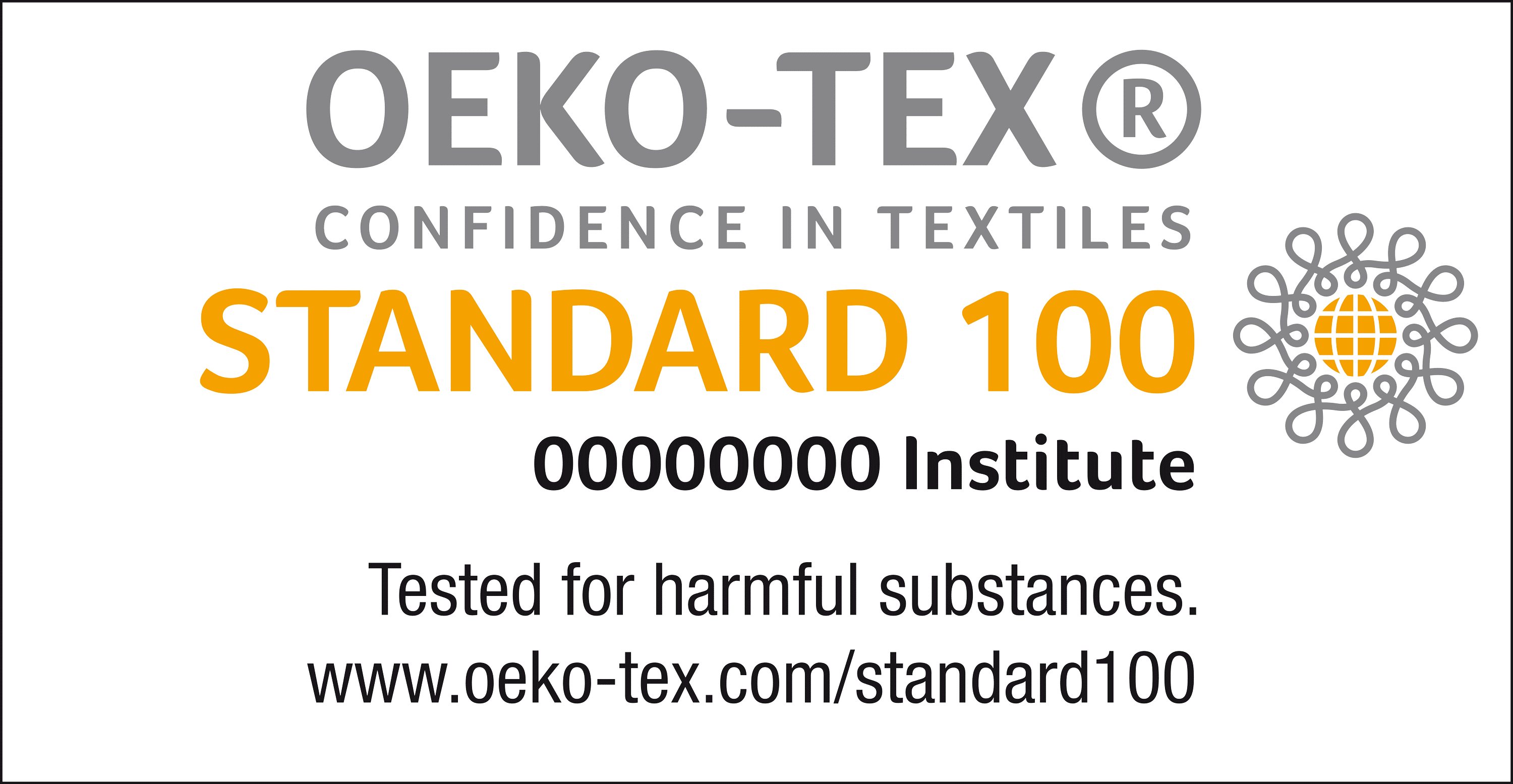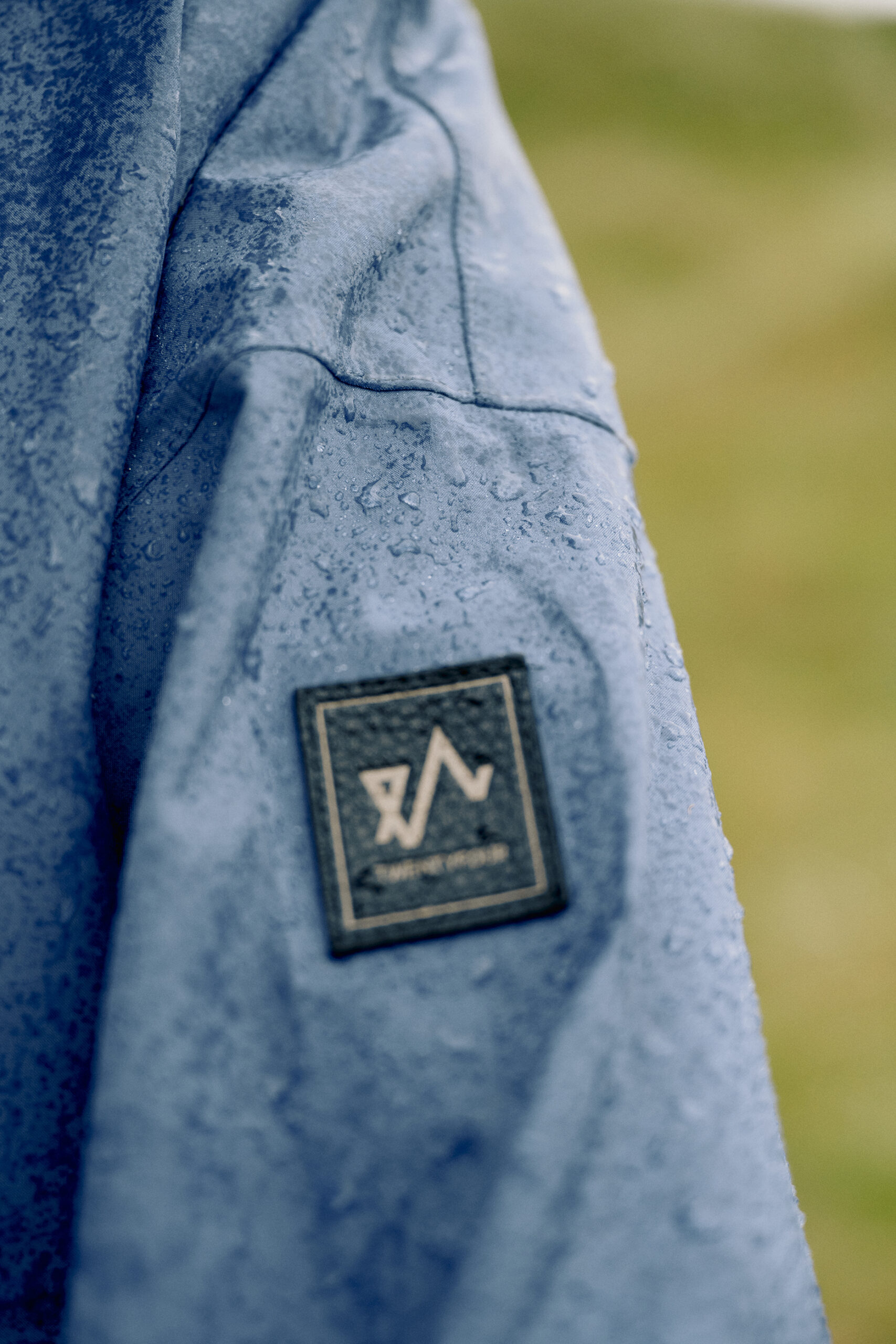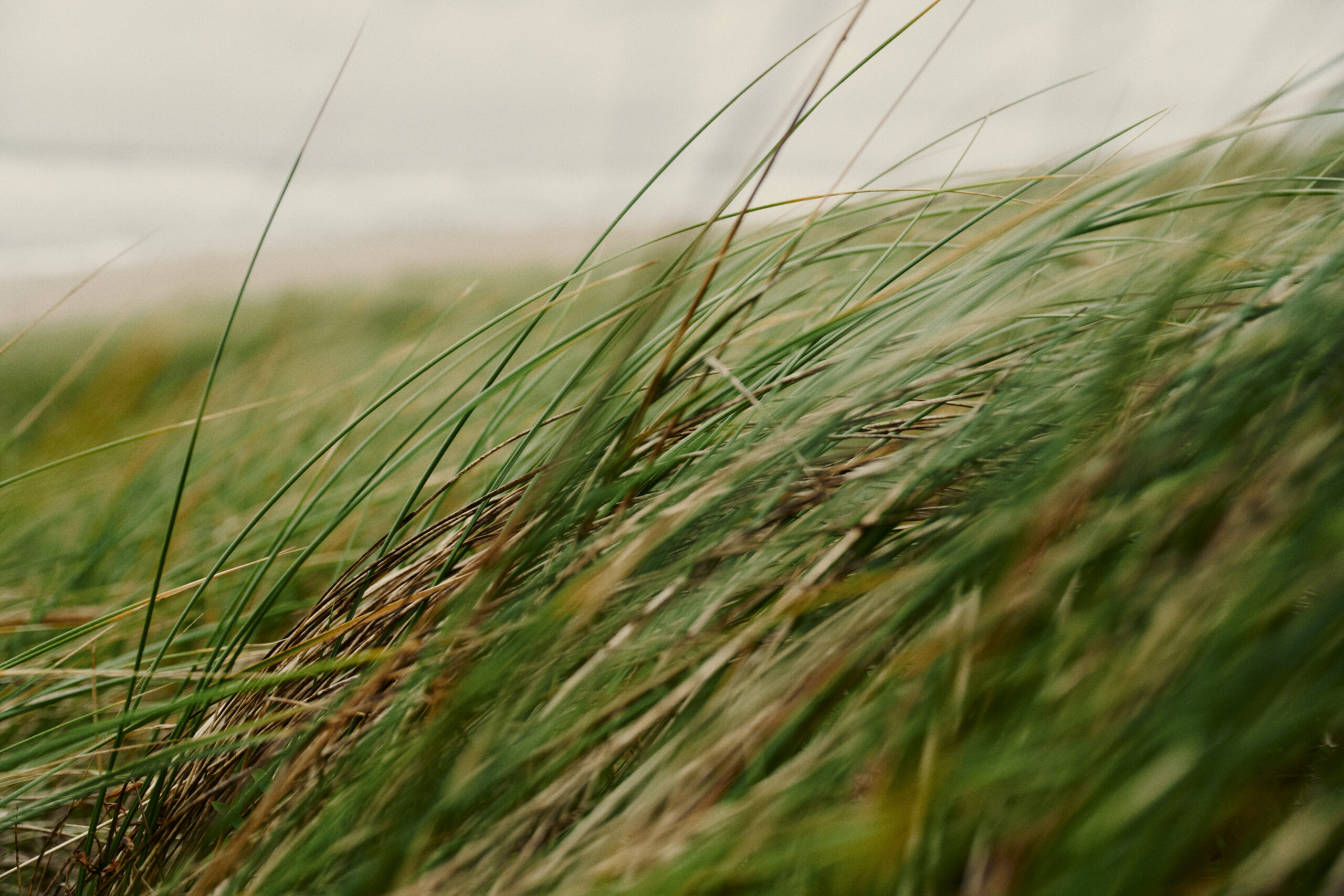Policies and Guidelines
As part of the first step in our due diligence assessments, we anchor our work through policies and guidelines.
Policy for Responsible Business Conduct:
Describes how Norwegian Concept works with responsible business conduct and the requirements we set for our own business and supply chain. It also includes our Code of Conduct with requirements for human rights and decent working conditions. The policy is developed in collaboration with Ethical Trade Norway and is based on internationally recognized standards such as the UN Declaration of Human Rights and ILO conventions.
Download our Policy for Sustainable Business Practices here.
Guidelines for Suppliers:
Describes the basic principles of our partnership with our suppliers. It covers key areas such as human and labor rights, worker safety, and animal welfare. These guidelines are developed in collaboration with Ethical Trade Norway and are based on internationally recognized standards such as the UN Declaration of Human Rights and ILO conventions.
All our suppliers must sign to indicate they have received and understood the content of the guidelines.
Download our Guidelines for Suppliers here.
